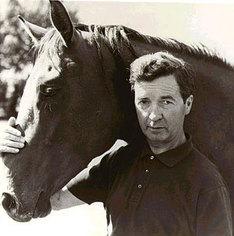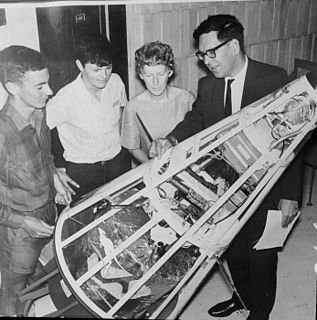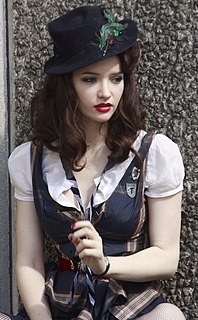A Quote by Sandra Tsing Loh
I think my father, who was Chinese, basically felt if we didn't major in science, we would starve on the streets, so we all went into science unquestioningly. I kind of faked my way through physics.
Related Quotes
When people think science and cooking, they have no idea that it's not correctly expressed. We're actually applying the scientific method. People think chemistry and physics are science, but the scientific method is something else.... It's the science that the world of cooking generates: science of butter; science of the croissant.
I studied physics at Princeton when I was a college student, and my initial intention was to major in it but to also be a writer. What I discovered, because it was a very high-powered physics program with its own fusion reactor, was that to keep up with my fellow students in that program I would need to dedicate myself to math and physics all the time and let writing go. And I couldn't let writing go, so I let physics go and became a science fan and a storyteller.
I guess...on one hand, I spent way too much time watching science fiction and reading science fiction when I was growing up. But a part of it is I also never felt much of a connection to the world in which I lived while I was growing up, and so, oddly enough, I think I felt a lot more connected to the worlds that I read about in science fiction.
There's no greater sign of the failure of the American educational system than the extent to which Americans are distracted by the possibility that Earth might end on December 21, 2012. It's a profound absence of awareness of the laws of physics and how nature works. So they're missing some science classes in their training in high school or in college that would empower them to understand and to judge when someone else is basically just full of it. Science is like an inoculation against charlatans who would have you believe whatever it is they tell you.
I wanted to be a scientist. My undergraduate degree is in biology, and I really did think I might go off and be some kind of a lady Darwin someplace. It turned out that I'm really awful at science and that I have no gift for actually doing science myself. But I'm very interested in others who practice science and in the stories of science.





































